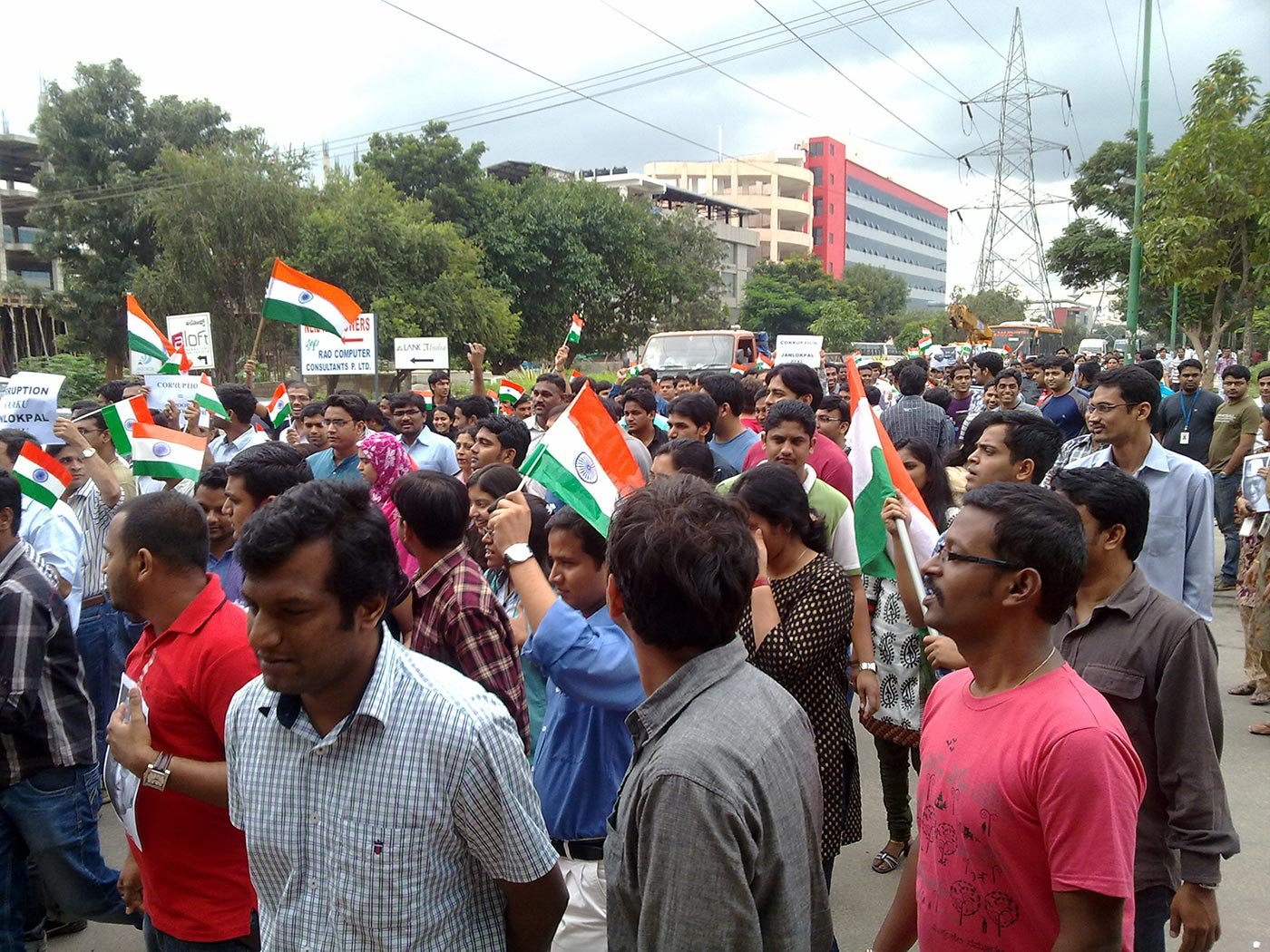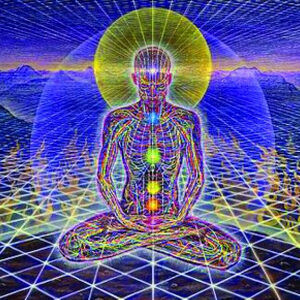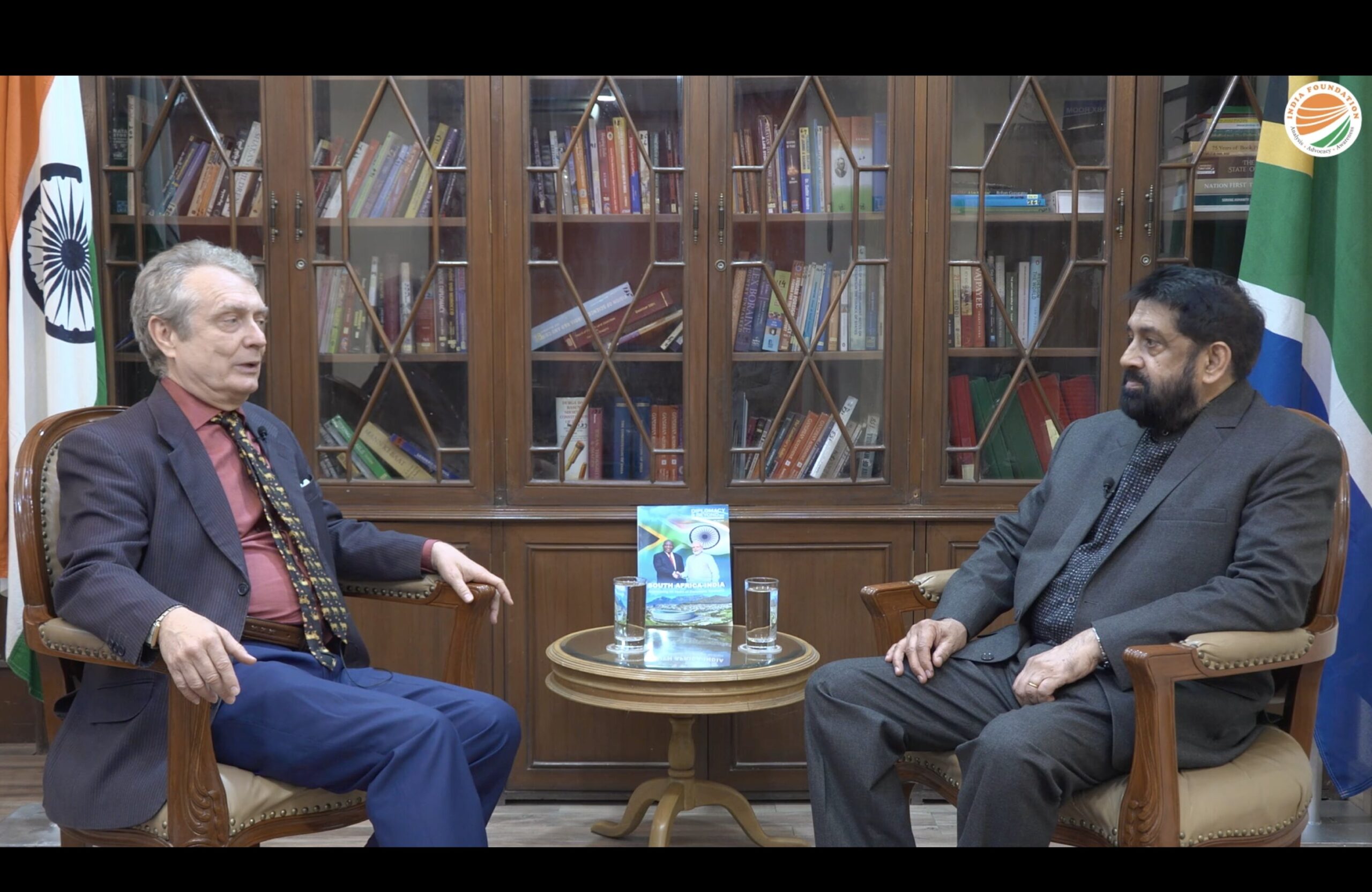It is a bit of a cliché to suggest that dissent is intrinsic to democracy. Yet, as society and democracy evolves, as references points change, what constitutes dissent also tends to change and be viewed differently. This is one of the appealing and striking phenomena of a free society, one that allows freedom of speech and action (within the framework of the law) but also allows freedom of perception – the perception, in this case, of what is or is not dissent.
That may appear to be confusing and even dissimulative or deliberately mischievous. To understand why it is not so and why the conundrum about what constitutes dissent is a genuine one, let us turn to a democracy outside of India: the United States.
The US is currently in the midst of a raging and acrimonious presidential election contest between Hillary Clinton and Donald Trump. While both candidates are well-known and well-to-do – and members of the so-called One Per Cent Club, comprising the uppermost rung of the social and economic ladder – Trump has positioned himself as the outsider and anti-establishment figure. He has attacked Clinton as the insider candidate, one well-networked in the corridors of power.
To Clinton’s supporters – and if opinion polls are correct, they could be in a majority – the lady’s experience in Washington, DC, and familiarity with the circles of authority and administration make her a predictable and reliable candidate. In contrast, Trump is seen as too much of a maverick and an unknown, at least in politics and governance. He is the dissenter who cannot be trusted with the keys to the kingdom.
How time flies. A quarter-century ago, Hillary Clinton’s husband, Bill Clinton, won an election presenting himself as the outsider, the dissenting candidate from beyond Washington, DC, taking on a pillar of the establishment, the then incumbent president, George H.W. Bush. In 1992, the Clintons were successful because they were the dissenting counter-establishment. In 2016, as things stand, the Clintons could throw up another president by winning the backing of the establishment and successfully mocking the rival candidate as an untested and untrustworthy outsider. In 1992, the Clintons represented dissent – and won. In 2016, the Clintons represent the antithesis of dissent – and may win again.
This example is limited to the US but its lessons and implications are telling and limitless. They have resonance in other societies and in an India in its 70th year as a democracy. What then is the lesson we in India can draw? It is simply this: democracy is not about absolutes – it is a fascinating adventure of greyness, of doubts and nuances, of diversity and variety. Similarly, dissent too is not about absolutes. Who is a dissenter and who is not depends on which layer of the spectrum is being discussed.
A dissenter in one sphere may be the counter-dissident or even the establishment in the next. Just as there is no one, all-purpose establishment, there is no one, all-purpose dissenter. Indeed, there are cases of individuals and groups self-identifying as dissenters without realising or while being deliberately unmindful of their institutional or traditional privilege – a privilege that is never the hallmark of true dissent.
As a corollary, some of the current debate in India on the phenomenon of dissent is so unreal and so removed from factual basis that this writer is reminded of something the social scientist Ashis Nandy once said, while discussing Noam Chomsky: “The global establishment has its headquarters in New York. The trouble is these fellows think the headquarters of global dissent should also be New York.” What does it say of a society when some of the wealthiest and most privileged fancy themselves as underdogs and dissenters?
Move now to specifics. The power structure in India – or New Delhi, to pin its geography – is today seeing a strange struggle between two sets of self-described dissenters and two sets of denialisms. On one side is a new establishment that refuses to accept (the responsibility and obligation of) its status. It remains comfortable in its age-old role as the dissenting outsider.
One the other side is the old establishment, defeated politically, bankrupt intellectually, but still hanging on to privilege. Paradoxically, it is in denial of the benefits of that privilege and pretends it represents dissent. In all this sometimes normal and everyday political debate and discussion in a democracy is cast in sombre terms as “oppression” and “dissent”: the two words having lost all meaning in a media-driven age where hysteria has long outrun the dictionary.
In India, the right has won many of the great arguments of the past 25 years of politics and history. It has won the argument on the rolling back of the state in the economy – the extent and pace of the rolling back can be debated and argued about, admittedly, but not the direction. It has won the argument about a mainstay culture, strongly influenced by Hinduism (though not entirely conterminous with it), as the bedrock of Indian society.
It has won the argument on a more robust and modern foreign policy. It has won the argument against the hegemony of narrow-sourced Lutyens’ consensus. It has even won the election of 2014 with the biggest mandate in 30 years.
However, it is also true that rather than confidently advance tomorrow’s agenda, the intellectual warriors of the right are still comfortable fighting the battles of yesterday. They prefer to see themselves as perennial dissenters and outsiders and inadvertently convey the impression that they are not ready to be the new establishment, with all the capacities and instruments that the ascension to an establishment echelon necessitates. In their minds and instincts, they are still dissenters.
On the other hand, there is the old and to some degree entrenched establishment: left leaning, having given itself a monopoly on the use of the word “liberal” (without all the qualities of liberalism) and fattened for decades by the institutions of the state. Politically orphaned, they have suddenly donned the cloak of “dissent”. As such, one has the remarkable situation of privileged individuals – themselves the children and grand-children and great-grandchildren of privilege – astoundingly describing themselves as dissenters and conscientious objectors, especially when making very partisan points against a government led by first-generation politicians with no family history to boast about.
Just who is the dissenter and who the insurgent here, which is the establishment and which is the counter-establishment – and who the conservative, resisting change, clinging with limpet-like tenacity to hereditary and congenital advantage? The answer to those questions lies not in Dissent@70, but in the 69 years before Dissent@70.
Ashok Malik is a Political Columnist. Views expressed by the author are strictly personal.





